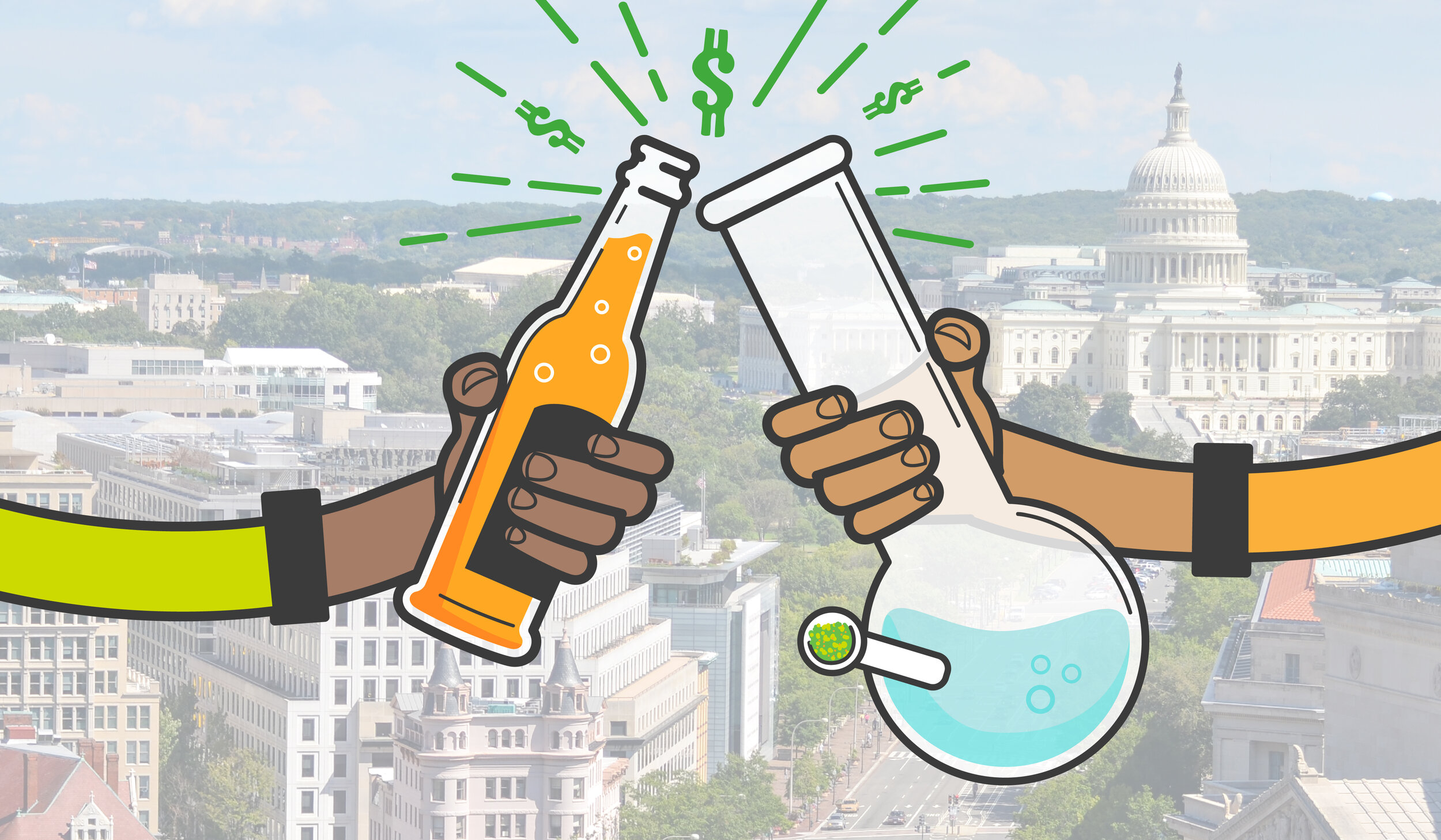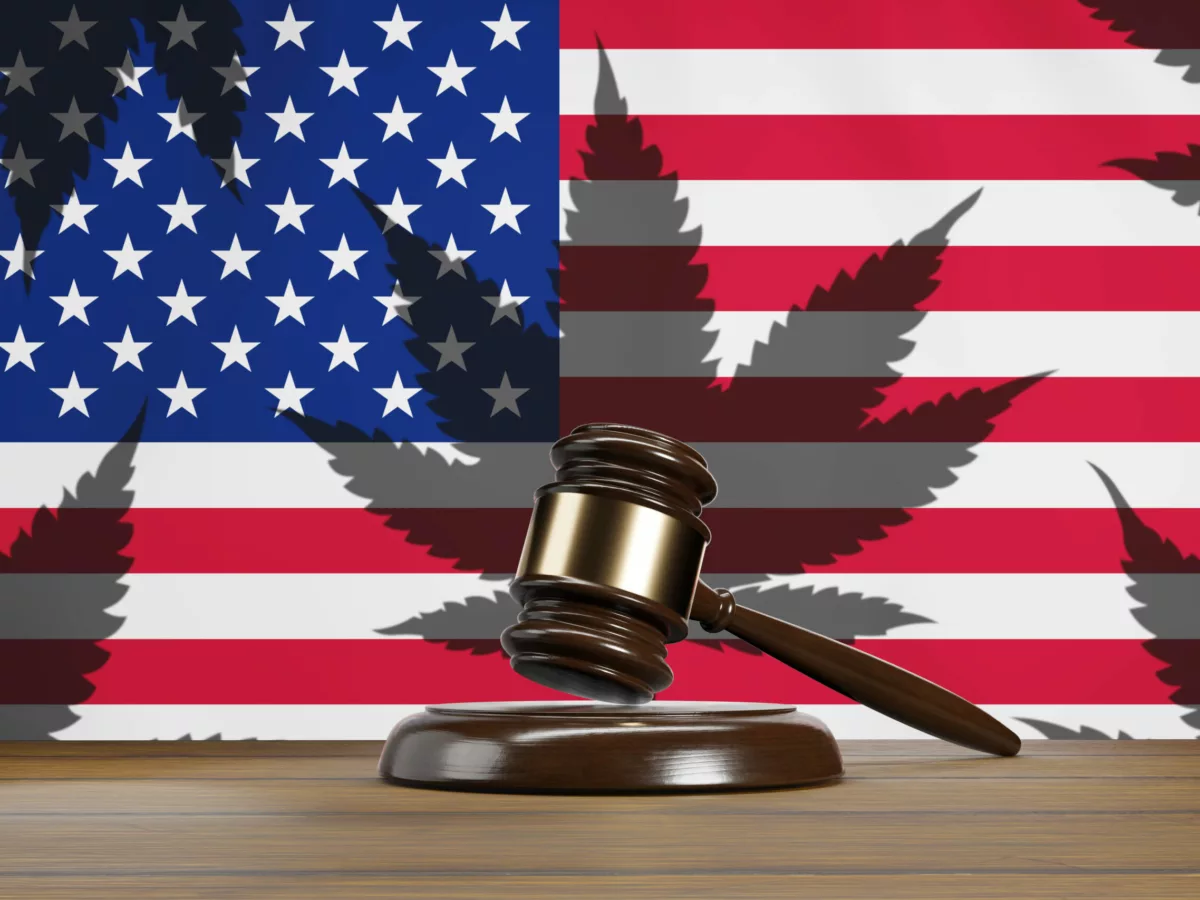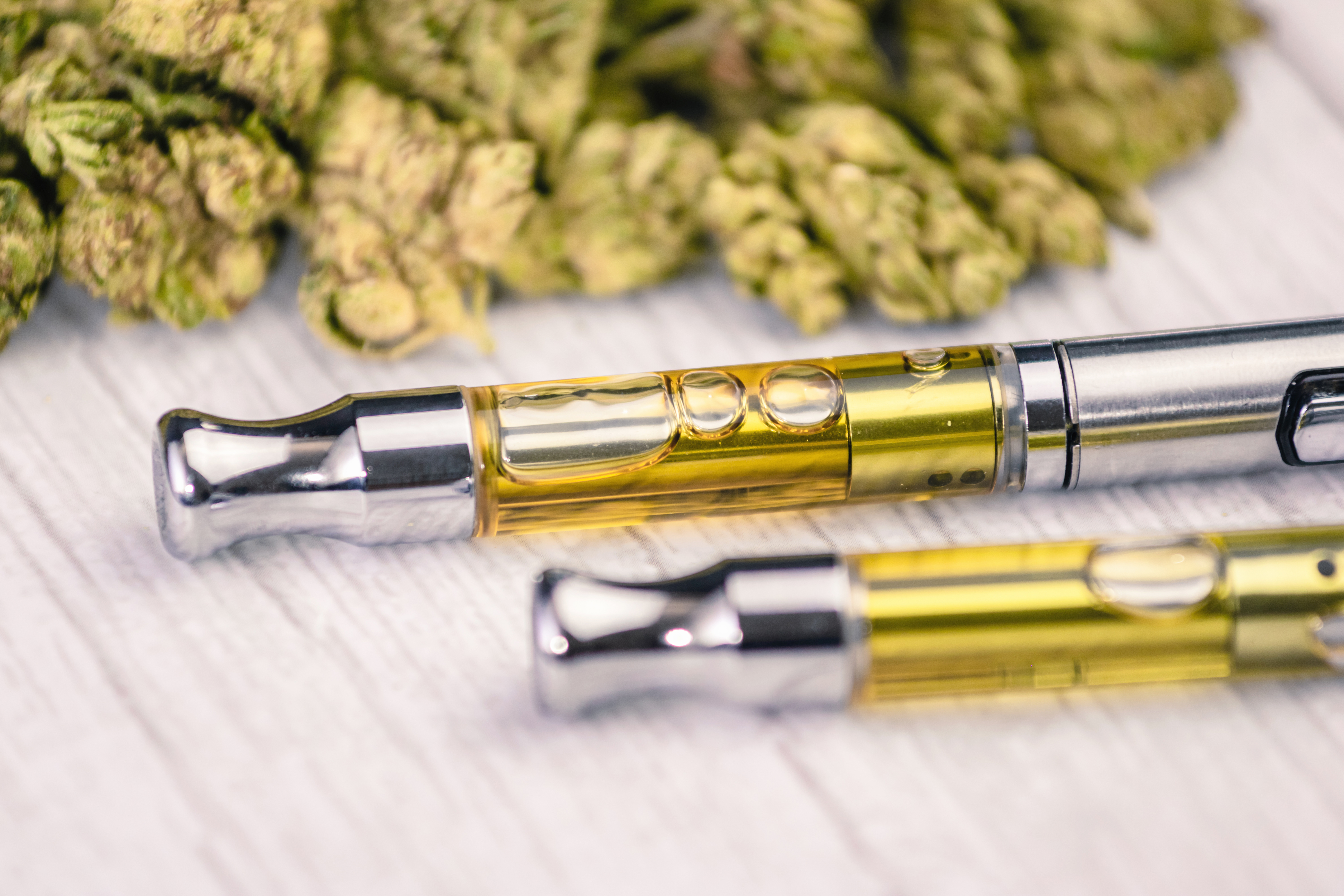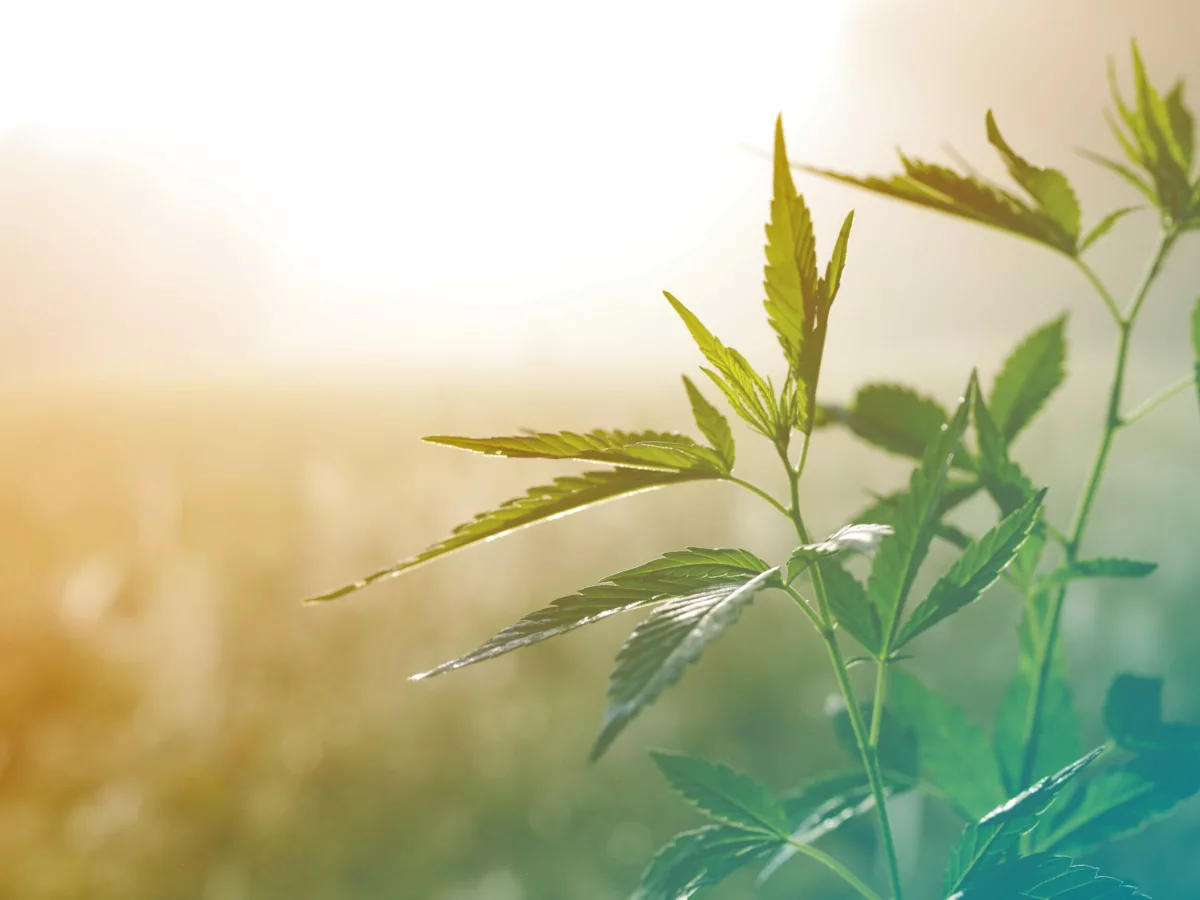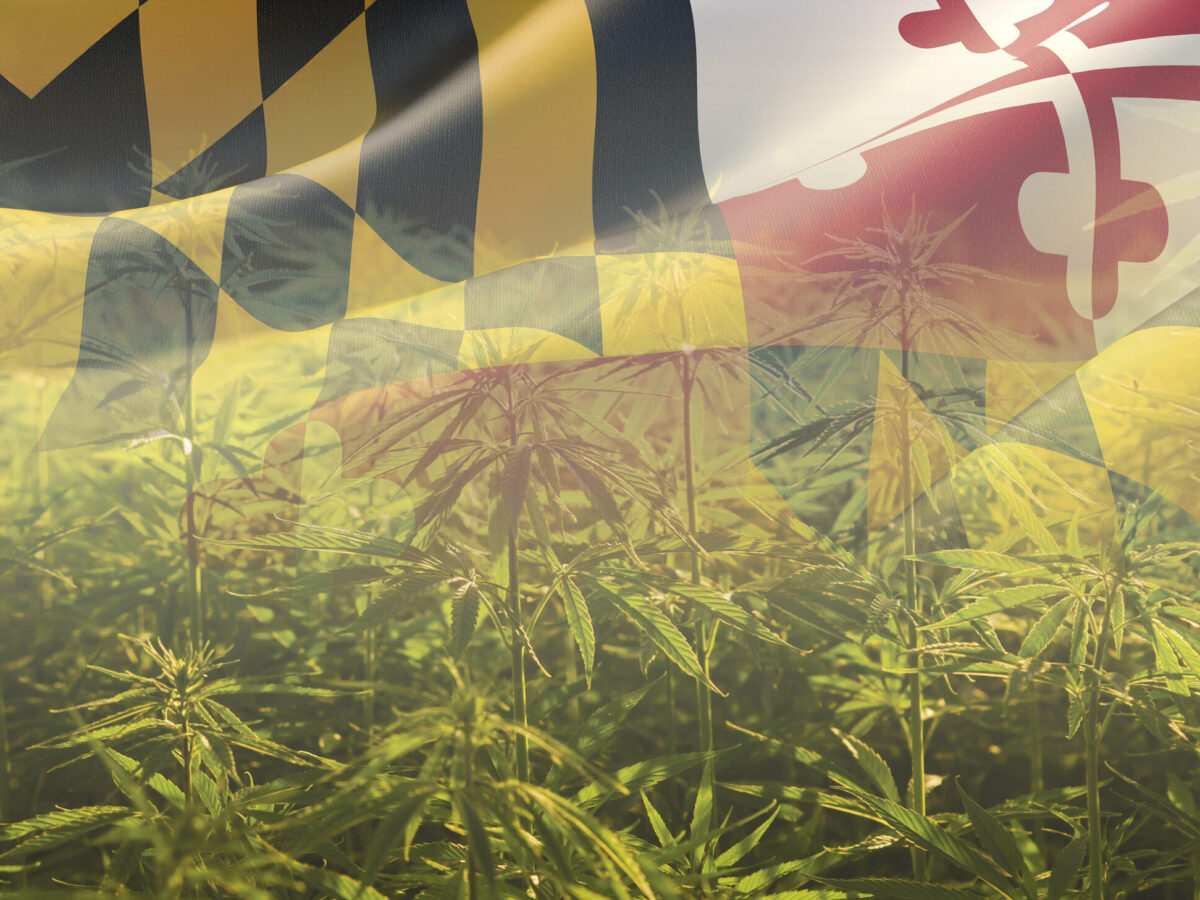Stakeholders in the D.C. cannabis industry are optimistic about the recent change of regulatory oversight from the Department of Health (DOH) to the Alcoholic Beverage Regulation Administration (ABRA).
ABRA assumed the responsibility of cannabis industry from DOH on October 1.
Rabbi Jeffrey Kahn, owner of Takoma Wellness, the first dispensary that opened in the District, said that he expects patients to be able to obtain medicinal cannabis cards more quickly under ABRA. Registration turnaround has improved to a 2-3 week timeline since going online last year, Khan said, but it used to take up to three months for patients to actually receive the medicinal cannabis card.
“It still remains problematic to get a [medical cannabis] card. DOH has not been helpful removing roadblocks to patients. ABRA wants that to become an easier process,” Khan said.
“[ABRA] will allow the program to grow in a way that is comfortable, safe and beneficial to the city,” Corey Barnett, owner and CEO of cultivator District Growers said. “The DOH wasn’t thinking about businesses, and it was not their charge. ABRA will think about the business, and that will help the industry.”
ABRA issued two emergency rulemakings “focused on bolstering patient access” on October 1 when it took over regulatory responsibilities from DOH. The first rulemaking expanded delivery hours and the number of delivery vehicles. Dispensaries can use up to three delivery vehicles from 9:00 a.m. through 9:00 p.m. Previously, dispensaries were limited to one delivery vehicle from 11:00 a.m. through 7:00 p.m.
The second rulemaking allows new employees of dispensaries and cultivators to work up to 45 calendar days while their background checks go through. Jen Brunenkant, owner and CEO of dispensary Herbal Alternatives, said it can currently take up to six months to onboard new employees. She is optimistic about the changes, and noted that ABRA is more business and consumer oriented.
She said the DOH found it “difficult to balance the needs of patients and needs of dispensaries and cultivators with their traditional way of thinking,” adding, “I mean, who waits six months to get a job?”
JP Zephir, manager at dispensary Metropolitan Wellness Center, said he has had a lot of problems with DOH, and is happy that ABRA is the new regulatory organization: “I am glad the Department of Health is relinquishing duties. I don’t feel like they support us. They are slow with everything,” he said.
Grace Hyde, chief operating officer of cultivator District Cannabis, said they didn’t have any issues with DOH, but are excited about the transition and looking forward to working with ABRA, especially with respect to federal cannabis legalization: “If legalization is able to happen in the next two years, ABRA will do a great job of bringing that online. They are much more business oriented. A lot of the licensing for when a recreational program happens will be much more in their wheelhouse because they deal with liquor licenses,” Hyde said.
Recreational cannabis would only be possible if cannabis is removed from the Controlled Substances Act. The House is expected to vote on the MORE Act after the election.
The transition from DOH to ABRA was authorized by the Medical Marijuana Program Administration Amendment Act of 2020 and included as part of the 2021 fiscal budget. There are more than 7,000 medical cannabis patients in D.C., according to the most recent disclosure from D.C. Health.
Illustration by Kathy Wyche
